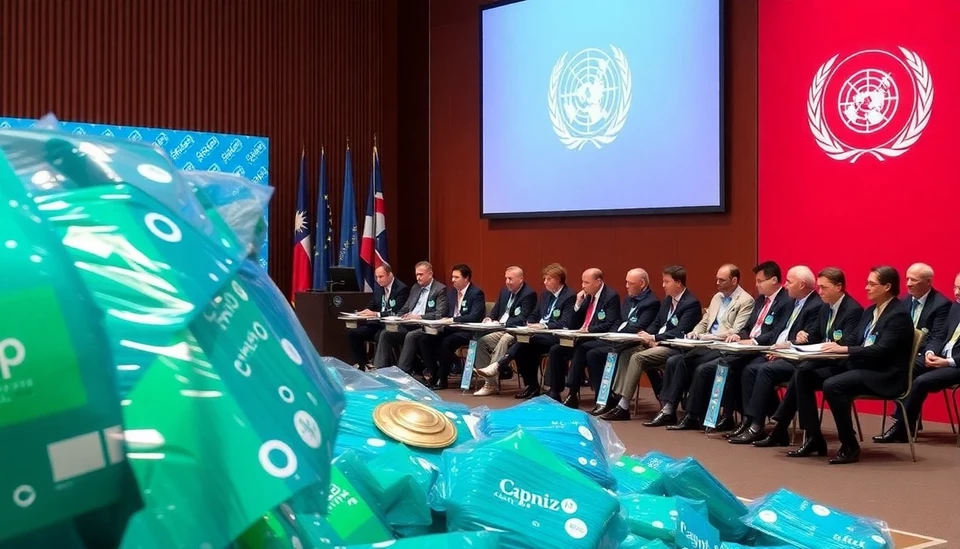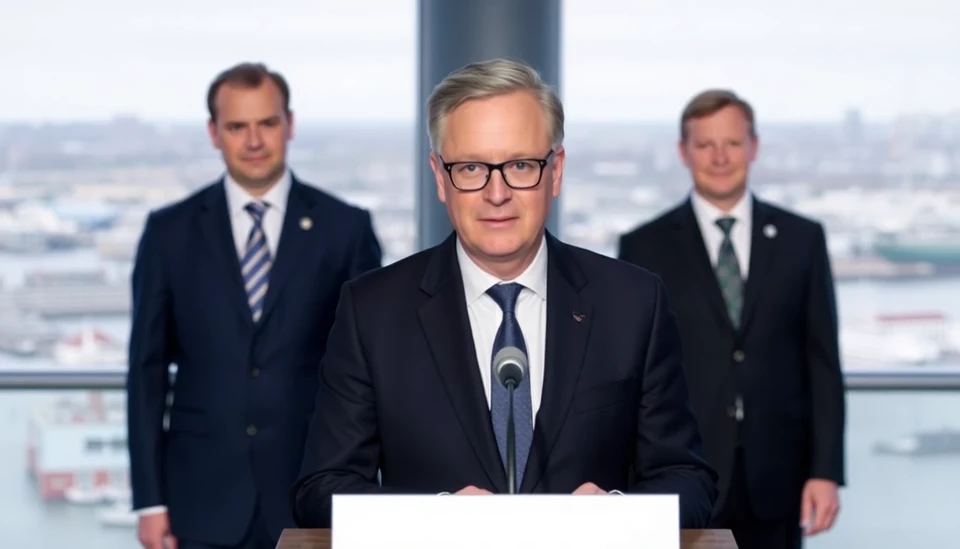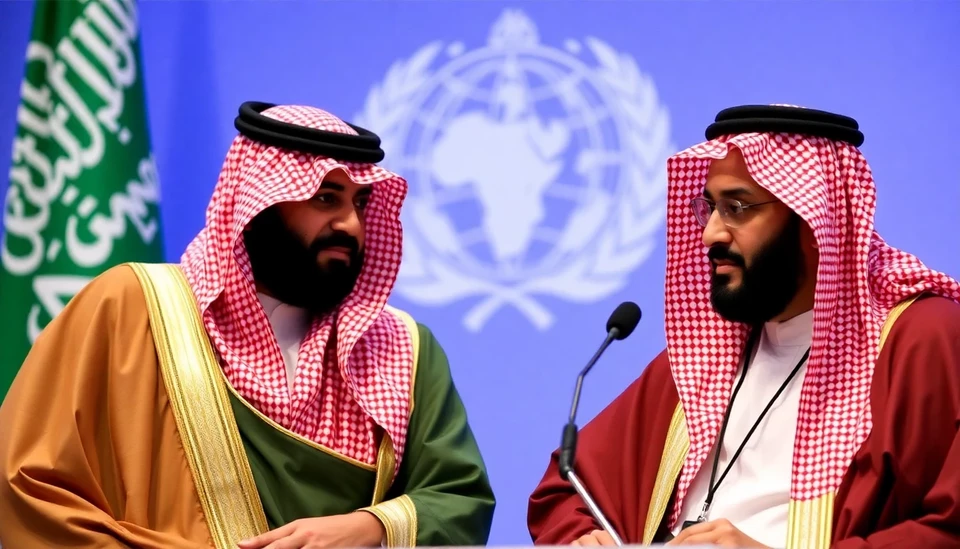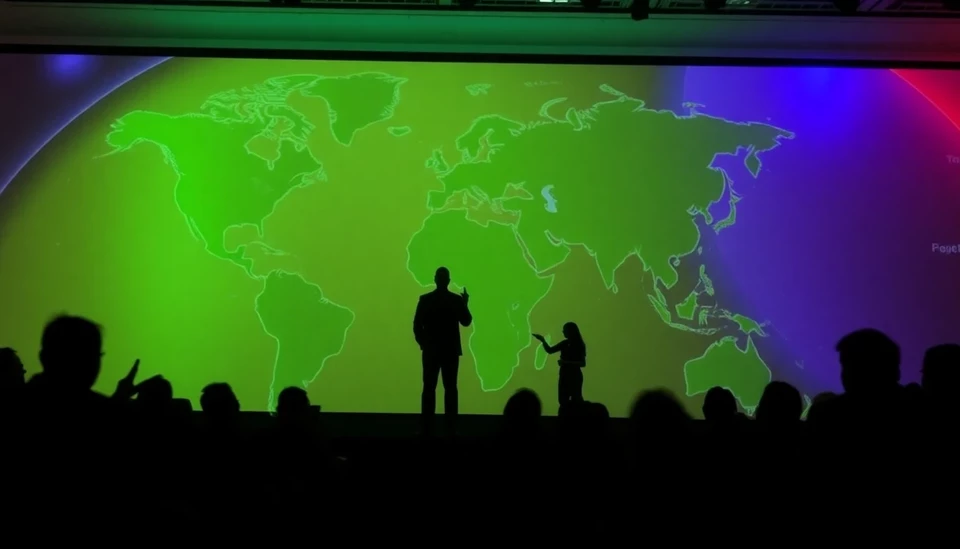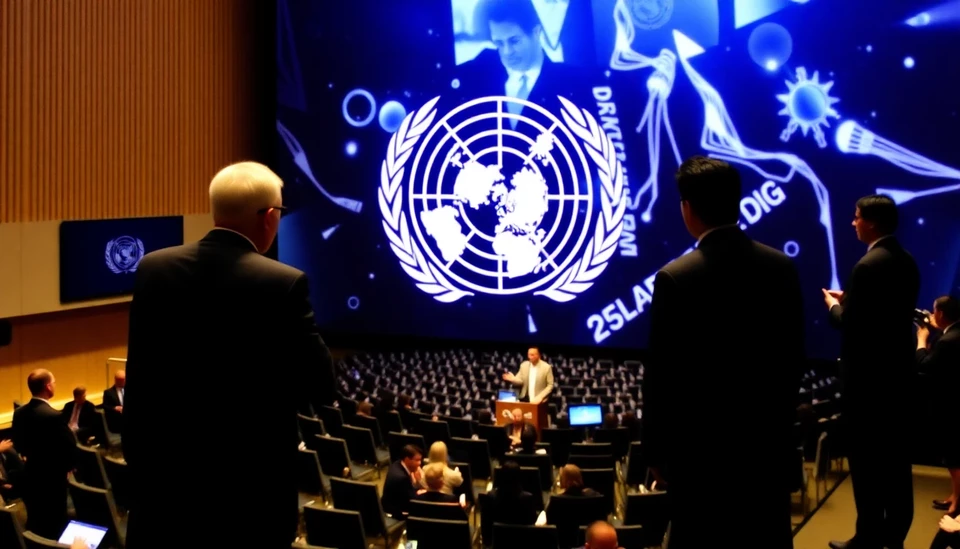
The recently concluded COP29 climate conference culminated in a significant yet contentious agreement centered around climate finance, leaving many delegates and observers dissatisfied with the outcomes. This year's discussions emphasized the pressing need for advancing financial support for vulnerable nations facing severe impacts from climate change, but the resolution sparked widespread debate about its adequacy and fairness.
Delegates from nearly 200 countries gathered in Dubai for this vital summit, where various proposals were tabled to tackle the escalating climate crisis. A central theme of the conference was the need for developed countries to fulfill their pledges to provide financial assistance to developing nations, particularly those already bearing the brunt of climate-related disasters. However, key discussions were marred by disagreements over the level of financial commitments and the mechanisms for distributing funds.
The final agreement reached at COP29 established a climate finance framework aimed at directing resources toward countries most at risk from climate change. Still, it fell short of many activists' expectations. Critics argued that the pledged amounts were insufficient, while the means of accessing these funds seemed overly complex. Furthermore, there remains a palpable frustration among developing nations regarding the slow pace at which financial assistance has materialized.
Notably, the deal acknowledged the ongoing impacts of climate change on global economic stability, yet it offered no concrete solutions to ensure transparent or timely disbursement of resources. Many delegates expressed frustration at the lack of strong commitments from wealthier nations, deeming the agreement a mere token gesture instead of a genuinely transformative step forward.
In addition to financial issues, other critical aspects of the negotiations included adaptation strategies and measures to mitigate greenhouse gas emissions. Some nations pushed for more rigorous emissions reduction targets, but the struggle between ambitions for ambitious climate action and the political will of key players resulted in compromises that disappointed many.
As discussions came to a close, it was clear that while progress was made in establishing a dialogue around climate finance, the path ahead remains fraught with challenges. The sentiment that emerged from COP29 encapsulated the frustration felt by many; an agreement was reached, yet the collective will to ensure meaningful steps toward climate justice appears tenuous at best.
This uncertainty casts a shadow over future climate negotiations. With the next major conference on the horizon, the stakes are high, and the focus will remain on whether global leaders can shift from dialogue to action, ultimately delivering on the promises made to protect the planet and its most vulnerable inhabitants.
As activists and stakeholders gear up for the next round of discussions, the call for a more robust and equitable financial architecture for climate action is louder than ever. The desire for accountability and transparency in climate finance will be a focal point for future negotiations, underscoring the need for a unified commitment that translates into real-world impact.
In summary, COP29 concluded with a hard-won yet dissatisfying agreement on climate finance, showcasing the complexities of international negotiations in addressing the climate crisis. As nations aim to prepare for the next summit, the urgency to commit to effective financial solutions and meaningful climate action remains a critical challenge.
#COP29 #ClimateFinance #ClimateAction #GlobalWarming #Sustainability #ClimateCrisis
Author: Sophie Bennett

